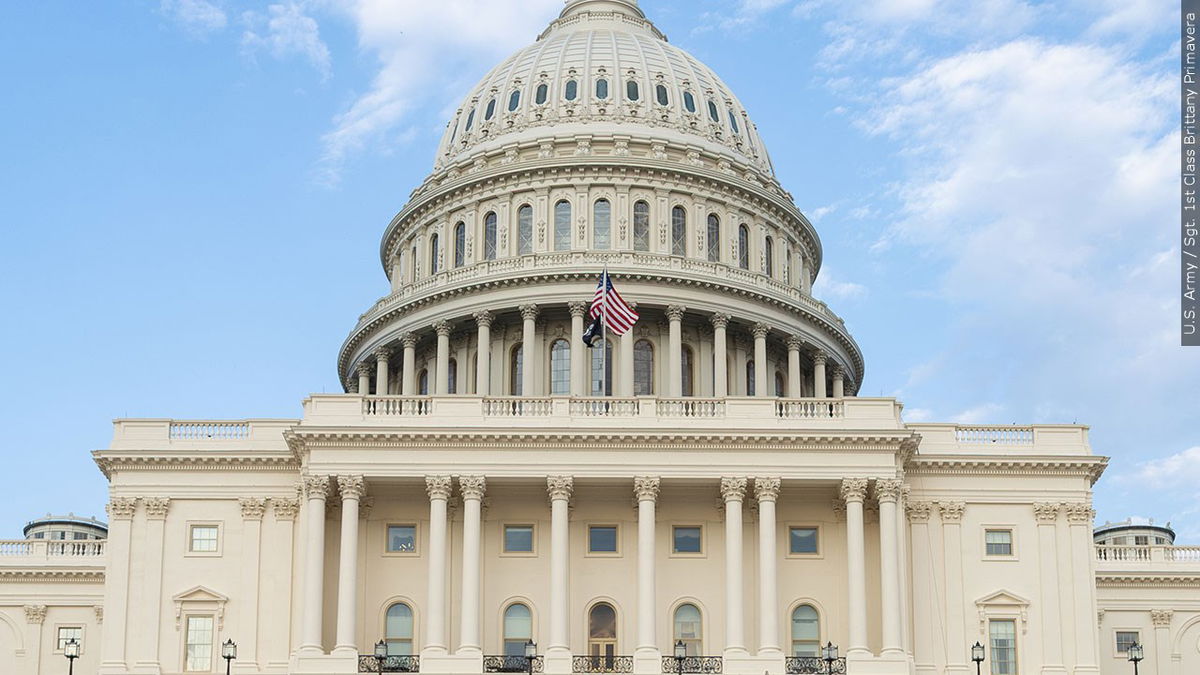
Eastern Idaho, Idaho (KIFI) – The Catholic community in Idaho is advocating for Congress to pass a bipartisan bill aimed at protecting foreign-born religious workers from deportation. Currently, the Diocese of Boise hosts 79 active priests, 22% of whom are foreign-born and originate from 15 different countries.
“They love our country, and they love serving here in our country,” Father Flores of the Holy Rosary Church said. “But they are still individuals of their own country.”
Since January 2025, two priests in Idaho have been forced to leave the U.S. due to expired R-1 visas, and the Diocese of Boise is projected to lose its first parish priest in November 2025. An additional 14 priests are at risk of deportation, with estimates suggesting that over 25% of the clergy in Idaho may face this issue by 2026.
“Our Lord Jesus himself was a refugee and an immigrant, so we have to be helpful to them and open to them” Fr. Flores said. “At the same time, respecting the laws – the laws of our country.”

Concerns regarding R-1 visas have escalated since March 2023, when the U.S. State Department merged religious worker (EB-4) applicants into the broader “all other” immigration queue while maintaining the five-year cap on R-1 visas. This change has led to significant backlogs for EB-4 applicants, with some facing waits of up to 20 years for approval.
“People who aren’t affected by this don’t realize how complex it is,” Fr. Flores said. “I’ve had some people [ask] me why these priests don’t become citizens…they can’t become citizens, because you have to follow this process. You have to be here on a visa status first, and then you follow the steps.”
Consequently, R-1 visa holders nearing their visa limit may lose their legal status if they cannot secure permanent residency in time. Those forced to leave the U.S. must wait 12 months before reapplying, which would reset their five-year limit.
Some members within the Diocese of Boise have expressed concerns regarding the State Department’s 2023 decision to merge these categories, particularly the lack of a designated visa category for religious workers that could have protected their status and reduced delays in green card applications. The United States Conference of Bishops has even been looking for solutions on an international scale.
“The Pope is aware of it,” Fr. Flores said. “But the Pope has very little influence on politics in America.”
As a result of this domestic issue, Senators Jim Risch and Mike Crapo introduced two bipartisan proposals, S. 1298 and H.R. 2672, this April. The goal: addressing challenges within the religious worker visa program.

The Religious Workforce Protection Act (RWPA) aims to empower the Secretary of Homeland Security to extend R-1 nonimmigrant status beyond the existing five-year limit for religious workers already in the U.S. This extension would allow individuals to continue their services while their permanent residency applications are processed. Additionally, it would facilitate the return of previously deported religious workers as they await their EB-4 applications.
“So this isn’t just a Catholic problem,” Fr. Flores said. “It’s a problem for any religion that brings in ministers or clergy from other countries.”
The Diocese of Boise has publicly supported the RWPA, citing concerns that current visa policies could disrupt religious services across its region. Other religious organizations, including the U.S. Conference of Catholic Bishops (USCCB), the National Association of Evangelicals, the U.S. Council of Muslim Organizations (USCMO), and the Hindu American Foundation, have also voiced their support.
“Another benefit that might come from this is maybe some push in fixing immigration law at a national level,” Fr. Flores said. “It seems so distorted, confusing, and difficult.”
As of now, there have been no significant developments regarding the approval process for these proposed bills. As the bill moves through the legislative process, stakeholders across the country remain focused on its potential impact on religious organizations and their capacity to serve their communities. The legislation seeks to ensure that religious workers can continue to fulfill their roles without unnecessary interruptions, maintaining the stability of faith communities and providing consistent spiritual leadership across congregations nationwide.
Father Flores encourages anyone interested in raising awareness about this act to contact their government representatives and even address the White House.
“Write to any politician you know here in Idaho,” Fr. Flores said. “I tell people to write to the President and Vice President just to get their attention because both bills are in the chambers and not moving very quickly.”
Father Flores also encouraged members of the religious community to continue prayers for change, and gave a message of hope for those who question the pace of the bill’s passing.
“Anything that is difficult that we will overcome will make us stronger,” Fr. Flores said. “My hope is that people will appreciate when they have a foreign-born priest who has left his own culture and left his own home to serve here.”
To learn more about the Religious Workers Protection Act and Father Flores’s official statement regarding the act, click here.



